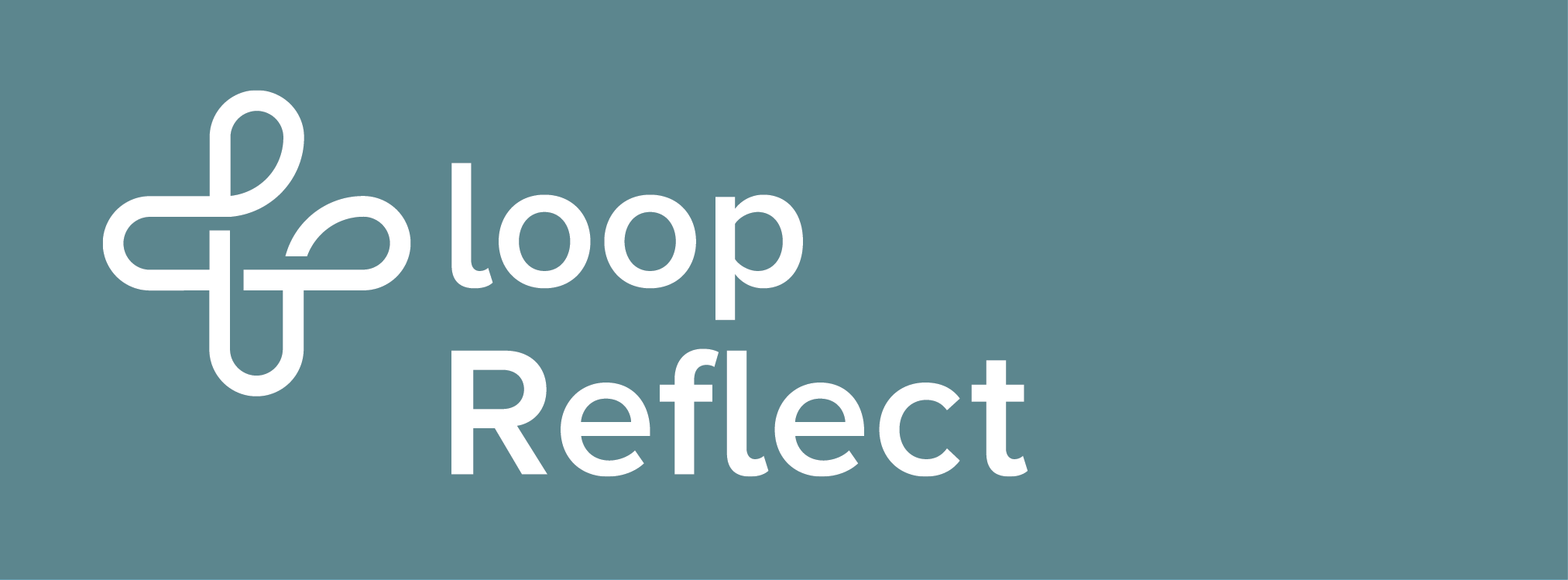Your reflection
The purpose of this reflective exercise is to increase awareness of my strengths and weaknesses through documenting my learning across the SOC3A module. The act of reflecting is challenging because it requires an academic and analytic level of introspection I find very discomforting. This may be due to my preferred learning style. I prefer to absorb information through reading textbooks, research, and watching documentaries. Subsequently, I amalgamate the knowledge I have acquired organically through discourse and debate. To this end, I have cultivated a small group of verbose, opinionated friends with whom I participate in regular discussions. Our impromptu meetings are reminiscent of seventeenth-century French Salons; we enjoy coffee, wine, and good food and deliberate sociological topics (Evidence 1, Clean-up After Impromptu Breakfast Discussion). I rarely contemplate the course content on its own. Instead, I prefer to integrate new information slowly into my daily life. For example, I recently completed a literature review including an article that examined how members of a social class prioritised their place in the social order over their civil interests (Evidence 2, A Nation Dispossessed: The Tea Party Movement and Race.pdf ). Subsequently, my group discussed the United States social order and why some members of the hegemony chose to support Trump against their interests. This discussion deepened my understanding of power and social order. Therefore, I was initially resistant to the reflections because I did not want to discover my process to be ineffective. However, I found value in reflecting on my learning style because it informed my study habits without affecting the elements of learning in which I am emotionally invested. Furthermore, the reflective exercise and the module content have influenced how I interpret social problems.
I have discovered my perception and beliefs regarding social issues and power have changed significantly due to the course content. Recently, I interviewed members of the Friends of Bill W. Club, who provide services and a refuge for adults successively navigating recovery from addiction. During the interview, I identified two issues I perceived differently due to the course content. Firstly, the club members reported that victims are discouraged from reporting abuse and or addiction (Evidence 3, Audio - Friends with Bill W. - Suppression). Previously, I would have assumed attributed such suppression to the public’s ignorance regarding the factors of those issues. However, after studying about power, I recognise highlighting social problems threatens a community’s identity, social capital, and social norms. Secondly, the club members received acts of intimidation and threats after establishing the club (Evidence 4, Audio - Friends with Bill W. - Threats). However, they gained acceptance after prominent members of the community and society endorsed the organisation (this portion of the discussion was not recorded). As a result of my research, I believe when resources and status were given to the club, the community perceived a threat to their privilege and social order. Additionally, the social power of the club was later legitimised through the approval of President Higgins, prominent sportsmen, and the regional hegemony. Overall, I have noticed a change in my analysis of social exchanges.
In conclusion, the reflective exercises are beneficial and have created an awareness of my growing academic, sociological understanding.
Put your evidence here
Evidence 1, Clean-up After Impromptu Breakfast Discussion

